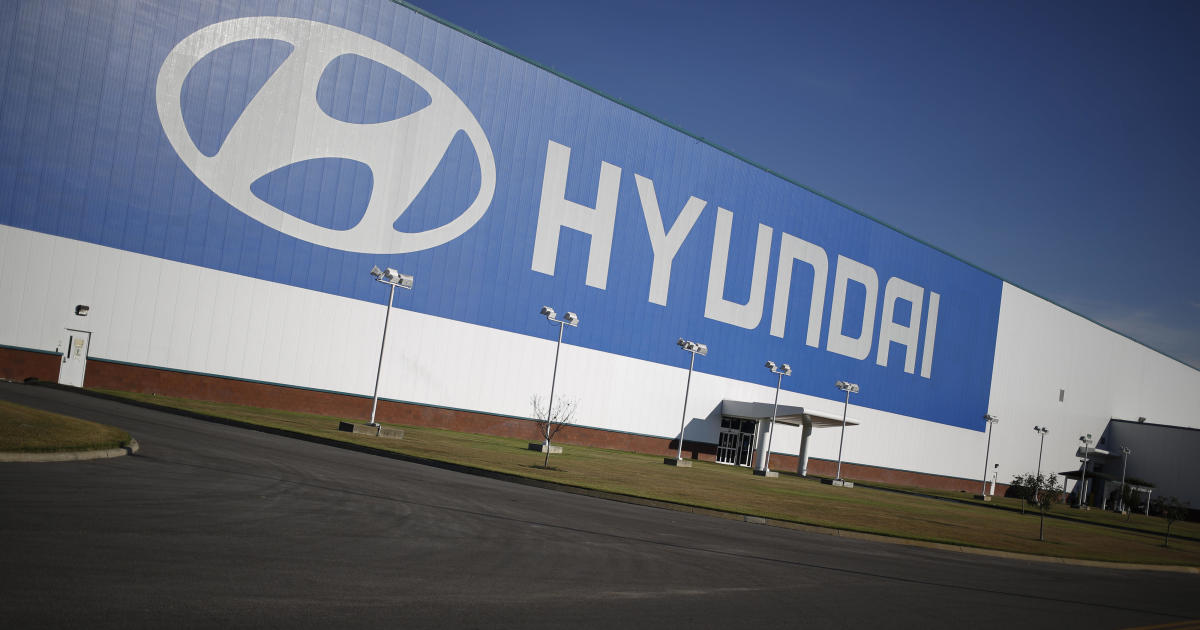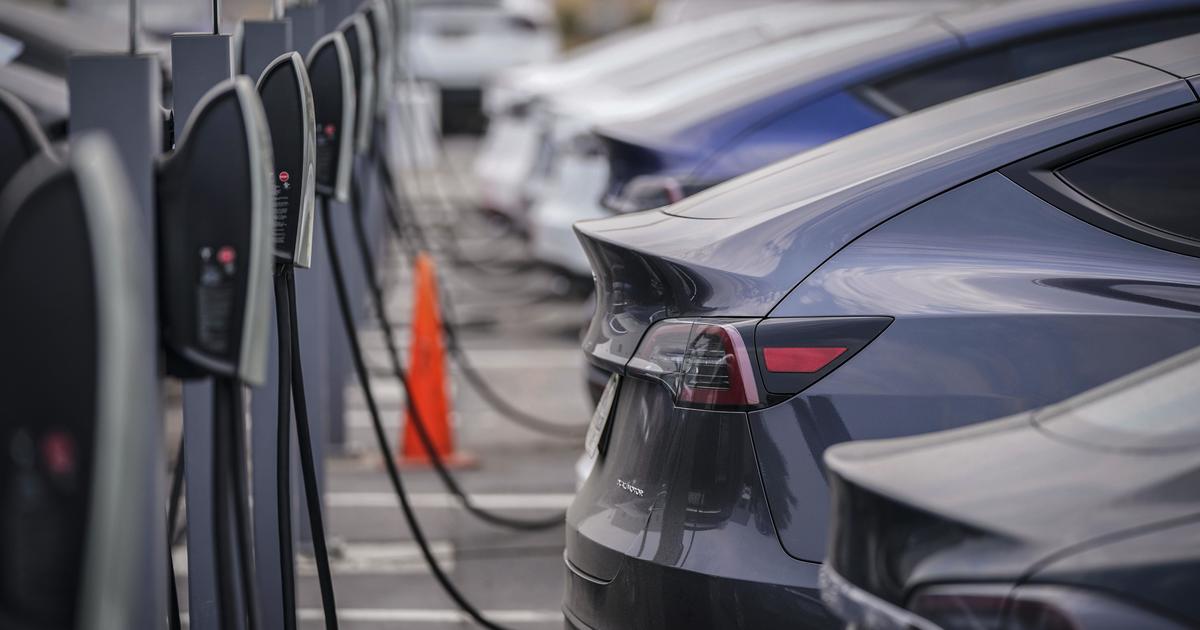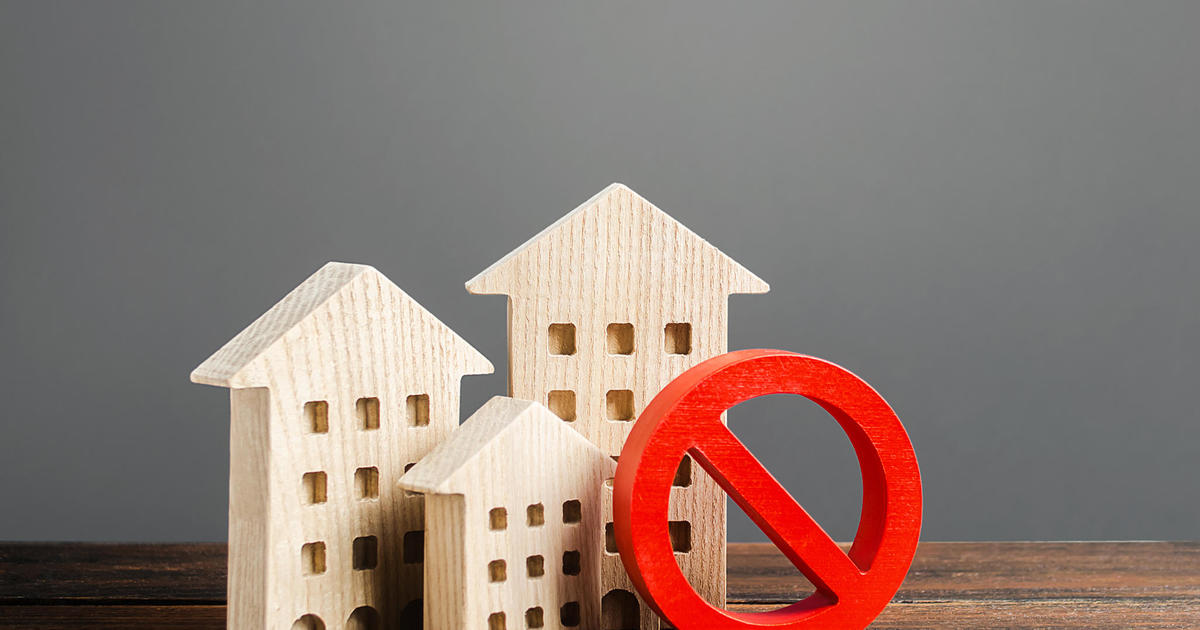After PG&E blackout, California homeowners shift to solar and batteries
The Northern California blackouts this month, coming after years of increasingly destructive wildfires, showed millions of people how fragile their power grid could be. Now that power has been mostly restored, many residents are trying to reduce their reliance on it, driving sales of solar and battery technology
"It's like controlled chaos right now — it's an overwhelming response," said Tim Hamor, co-owner of Alternative Energy Systems, a solar installer based in Chico, California. In towns around the Chico area, "People went two, three, four, sometimes five days without power" after utility Pacific Gas and Electric shut off power to more than 700,000 customers, Hamor said. His company had double its usual volume of phone calls during the blackout.
California has long led the U.S. in the number of solar installations, thanks to its abundant sunshine and state policies promoting clean energy. Many homeowners are now going the extra step to install battery systems, which enable a house with solar panels to power itself for a time if the electricity grid goes out. (Without such batteries, solar panels can only provide electricity while the grid is running).
"It's an ironic situation — you have solar panels but you can't generate power," said Aart Bik, a 50-year-old software engineer living in Silicon Valley. Bik installed solar panels on his house shortly after he moved there three years ago, but decided against a battery that can cost more than $10,000.
"We thought about getting batteries, but we thought, 'How often here will we have power outages?' It comes with an additional cost. It costs more to install and the batteries wear out after a while," he recalled.
Three years later, Bik had experienced enough power outages to reconsider. During last week's blackouts, his Saratoga, California, home lost power for four hours in the evening, and the family managed with flashlights before calling it an early night. He readily acknowledges that he was "lucky" compared with many other residents experienced, but after the incident he's again considering installing a battery system.
However, Bik added, "Now might be a bad time because everyone is getting installers for batteries."
Costs drop, but gradually
A single battery unit today costs between $10,000 and $13,000 before tax incentives — a drop of about 80% since 2010, but still out of reach financially for many homeowners.
Because a single battery can power a typical home for about half a day without being recharged, it's most useful for short-term outages, or to shift a home's energy use to times of day when power is cheaper. (Residents of sunny states who combine batteries with solar could, potentially, withstand a long-term blackout.) Some solar companies also let homeowners lease a solar-and-battery system instead of buying it outright. That means users can start paying a lower monthly bill instantly, rather than waiting years for a $15,000 investment to pay off.
Susi Polos, a 36-year-old registered nurse, had Sunrun install solar panels and a battery on her East Bay home last year. That cut her monthly electricity bill by at least $50 compared with what she had previously paid PG&E. Her monthly payment, now $125, will likely rise slightly every year, but she feels more comfortable with this predictable slow increase than having to sort out the reason for new fees she said would routinely show up on her electric bill.
"PG&E had increased their rate more and more and more," Polos said. "We were just worried that in the next 10 years we wouldn't be able to afford it."
Price was only part of the equation, though. Polos, who is married and has two young children, estimates she has been through 10 energy outages in the past year. Now she barely notices that the power's been shut off, and she's pleased that she can charge her electric car even when the grid is down. "I feel like I'm prepared a little bit better."
A growing niche
Nationwide, fewer than 1 in 10 households who install solar power will also install a battery. But some installers in California have reported a sixfold increase in that rate. Sunrun, the country's largest solar installer, told CBS News that 25% of its California customers last year opted to add battery storage, with that figure rising to 60% in parts of Southern California.
Among people who live in PG&E's California service area, interest in battery storage is double what it is nationwide, according to EnergySage, which lets consumers research solar services.
Still, for now batteries remain a tiny part of the renewable marketplace in the U.S., and people often misunderstand what they can do. Batteries reduce a person's reliance on the grid and can help people shift the timing of their power use to when electricity is cheapest. But they don't let you completely dump the power company.
"The biggest misconception is batteries will allow them to be off grid completely. That is not true," said Vikram Aggarwal, EnergySage's founder and CEO. "Depending on your use case, batteries may be more or less useful to you."
But for most people, the main hurdle is cost. Several residents in the Chico area told CBS News they couldn't afford any backup power system, whether a battery or a generator, including a 70-year-old woman who said she was "terrified" by the blackouts because she uses medical equipment that needs electricity.
A better grid?
While batteries and solar systems still rely on the power grid, they also make it more resilient by reducing the amount of energy that homes pull from legacy utilities and make transmission lines less likely to spark. In effect, it creates a "decentralized power plant," said Evelyn Huang, Sunrun's chief customer experience officer.
Recognizing the benefits of storage systems, California's utility regulator recently approved $100 million for energy storage systems areas at high risk for fire. Advocates are hoping that more homeowners can get such government help to install battery systems, fostering their adoption.
"You're actually reducing the risk of a wildfire in your area if you and your neighbors get [batteries]," Huang said. "That's appealing to a lot of people. ... No one wants your home or your neighbor's home to burn down."



